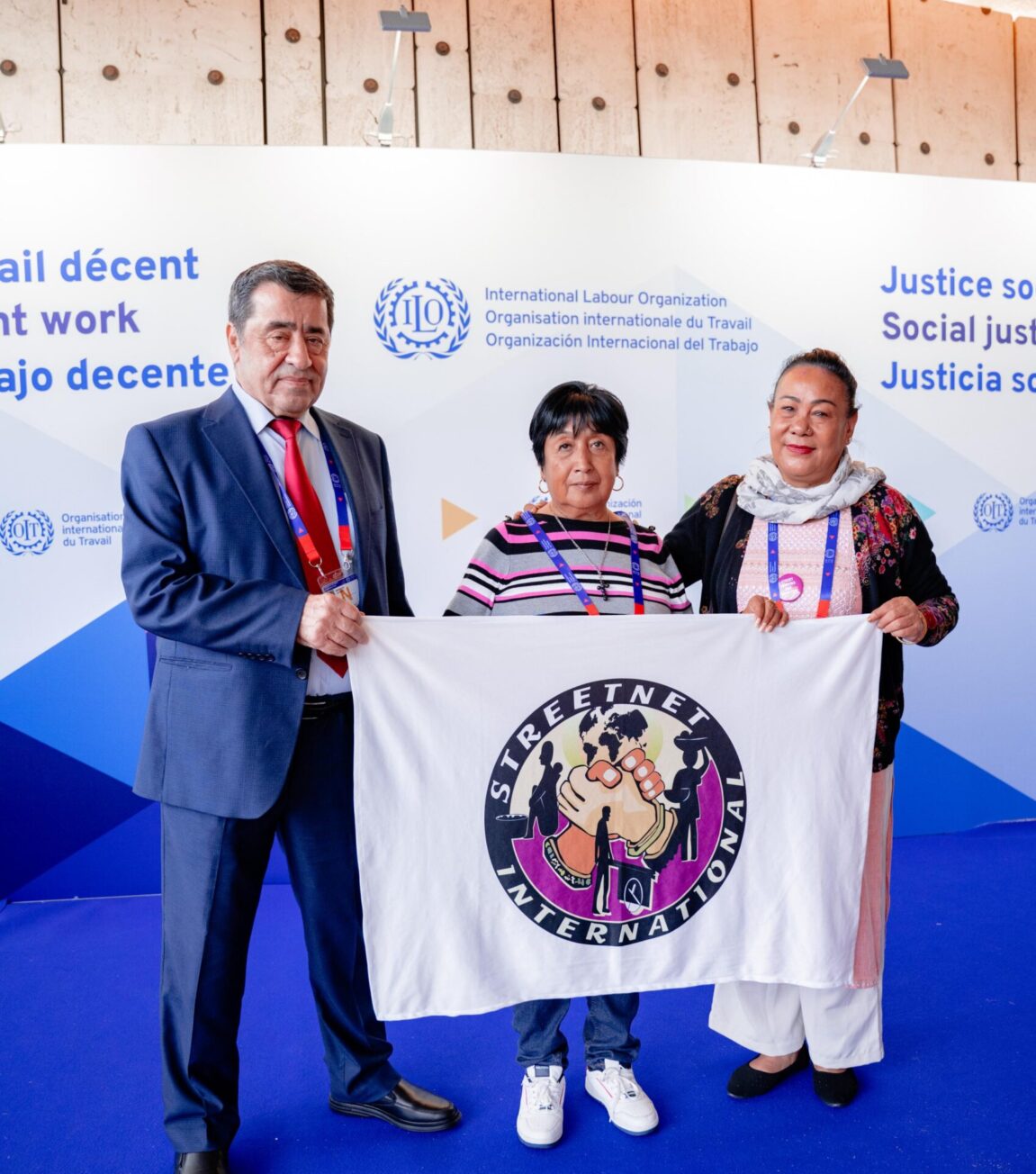7 November 2006
Make Durban a World Class City for All
In the run-up to the Fifa World Cup in 2010
It has become a predictable reality that, when a country prepares to host a high-profile international event, the country and its local government authorities prepare to create “World Class Cities” of a particular type, i.e. World Class Cities which:
- will attract foreign investment;
- have modern up-to-date infrastructure;
- have no visible signs of urban decay;
- have smooth traffic flows;
- have no visible poor people or social problems.
This usually includes the eviction of street vendors, sometimes accompanied by “slum clearance” programmes in which the poorest members of the population also lose their homes. Many of the newly homeless, being unable to enter the formal labour market, are also in the informal economy – many of them street vendors – which means that such people lose both their homes and their livelihoods at the same time, leaving little for them to fall back upon as their survival strategy. Unless viable alternatives are provided.
Gender implications: The creation of typical "World Class cities” often results in prior development plans for the poor being abandoned or shelved. On the streets this gives rise to pitched battles, which often militarises the struggles of street vendors, and the women literally disappear from the public profile as the development issues also disappear from the plans. Women are pauperised by removing their source of livelihood in the public spaces of the cities concerned, while their male colleagues fight a massive defensive battle. If there is a settlement at the end of the struggle, the militants are the ones with whom the authorities settle – while those displaced at the outset (mostly the women) remain unseen, forgotten, and have to start from the beginning again looking for a place to earn their livelihoods.
StreetNet International will be launching a World Class Cities for ALL (WCCA) campaign to challenge this traditional approach to building World Class Cities and create a new, more inclusive concept of “World Class Cities for All” with the participation of street vendors and other groups of the (urban) poor. The campaign will have a strong focus on women and other vulnerable street vendors who are the first to lose their livelihoods and the most invisible in most plans for “World Class Cities”.
WE INVITE THE ETHEKWINI MUNICIPALITY TO JOIN THIS CAMPAIGN
The Ethekwini Municipality has organised a Conference for the purpose of providing a platform for discussion around the Informal Economy. The primary objectives of this Conference are as follows:
- To create a platform for the purpose of sharing information and networking with all participants operating within the context of the informal economy environment.
- To review the Informal Economy Policy and to map out a way forward in improving the management of the Informal Economy in general.
In accordance with these noble objectives, we invite the Ethekwini Municipality to lead the way in becoming a signatory to the following WCCA DEMANDS TO MUNICIPALITIES:
Formally adopt an inclusive concept of “World Class Cities for All” with the participation of street vendors and other groups of the (urban) poor – with a strong focus on women and other vulnerable street vendors who traditionally have been the first to lose their livelihoods and be the most invisible in previous plans for “World Class Cities”.
Undertake to ensure that no individual or group of street vendors shall be unduly disadvantaged by any urban improvement or urban renewal initiatives in preparation for the FIFA World Cup of 2010.
Undertake that any relocation of street vendors, informal market vendors or hawkers in operation prior to any urban improvement or urban renewal initiatives shall necessarily include viable and acceptable alternatives which are accessible to even the poorest traders, including women and traders with disabilities.
Undertake to engage in participatory consultative processes with any persons or interest groups who may be affected in any substantive or material manner by any aspect of urban improvement or urban renewal initiatives envisaged in the creation of World Class Cities.
Undertake to engage in social dialogue or substantive negotiations with any potentially affected persons or groups or their democratically elected representatives, in any situation where urban improvement or urban renewal initiatives may have a bearing on their work or livelihood.
Establish multi-stakeholder negotiating forums in each city to ensure inclusive non-sectarian negotiations and consultations processes, guided by the draft Code of Conduct accepted by street vendors’ organizations in 2004 as part of the process of forming a South African national alliance of street vendors (which is not yet complete) and the following:
- local govt. representation to include regulators as well as enforcement agents, and SALGA or provincial local govt. association representatives;
- street vendors to be directly represented by their own elected representatives, with due regard to the representation of women (in the proportions in which they are found on the streets) and vendors with disabilities;
- street vendors operating as fronts for small or big business, or with substantive conflicts of interest, will not be regarded as bona fide street vendors’ representatives;
- forum structures to be determined with participation by all parties to avoid unintended marginalisation or de facto closed shop situations;
- Municipal workers’ unions (SAMWU and IMATU) and SAFA (S.A. FootballAssociation) to be represented as interested stakeholders.
Commit to the WCCA campaign of StreetNet International leading up to the FIFA World Cup in 2010 (see description of campaign at www.streetnet.org.za/WCCA.htm).
World Class Cities for all !!
No relocation without alternatives !!
Negotiation and social dialogue!!
Nothing for us without us!!
Signatories in support of the WCCA Campaign
Name:
Position or designation:
Country or Province:
Signature:


